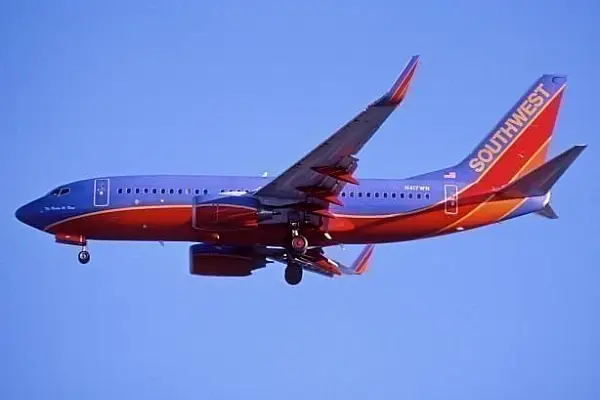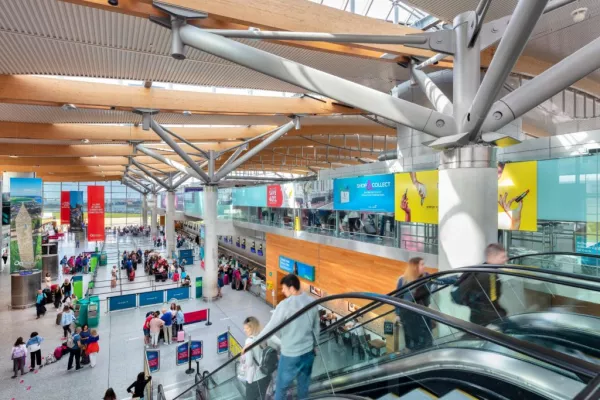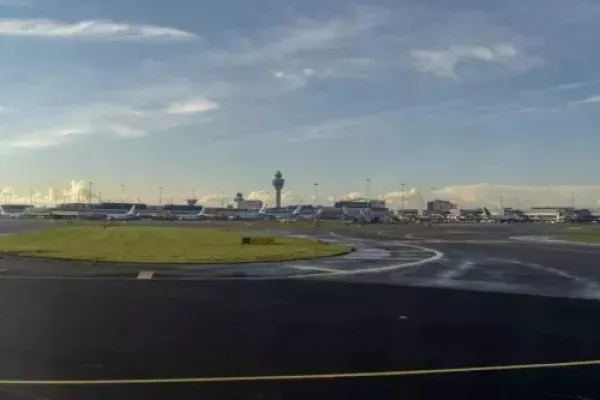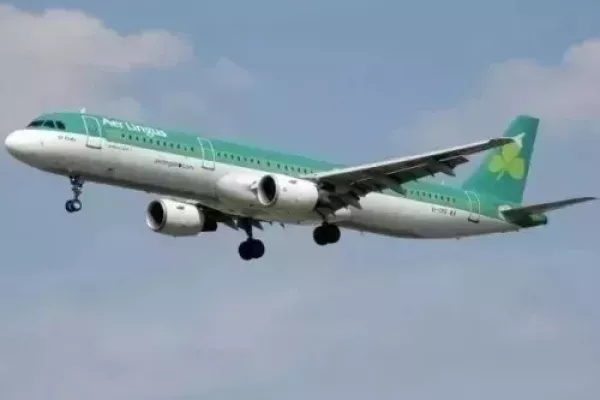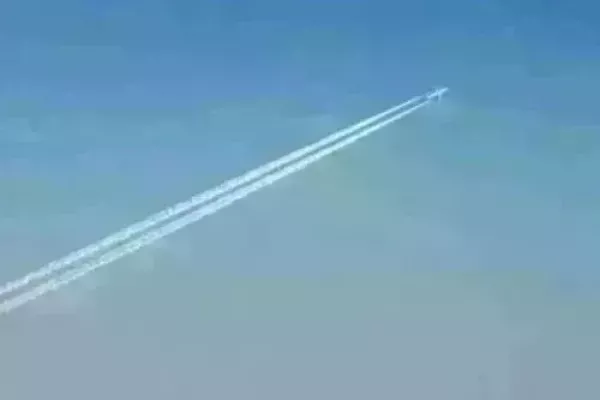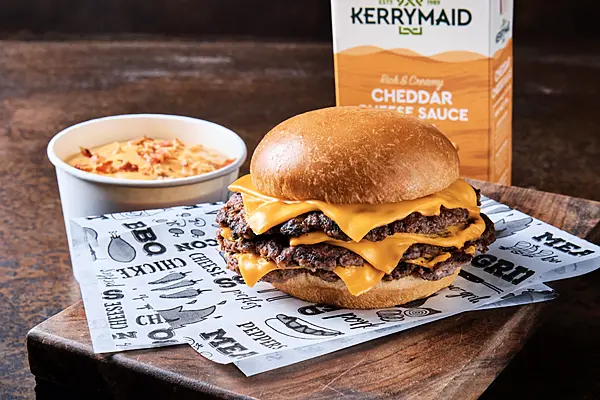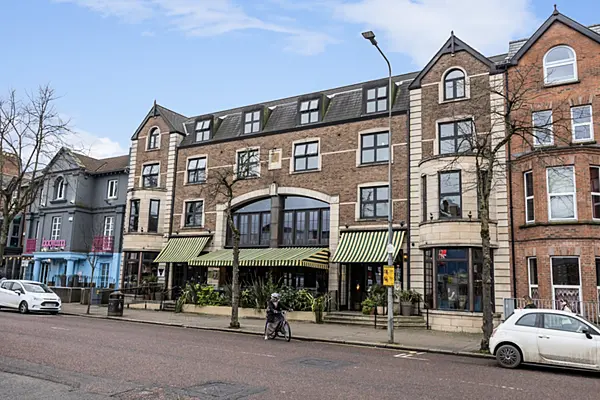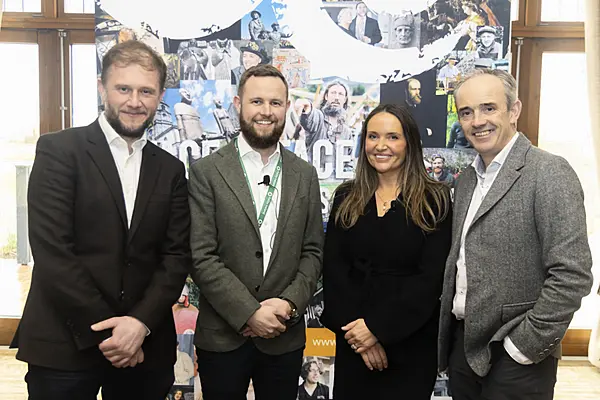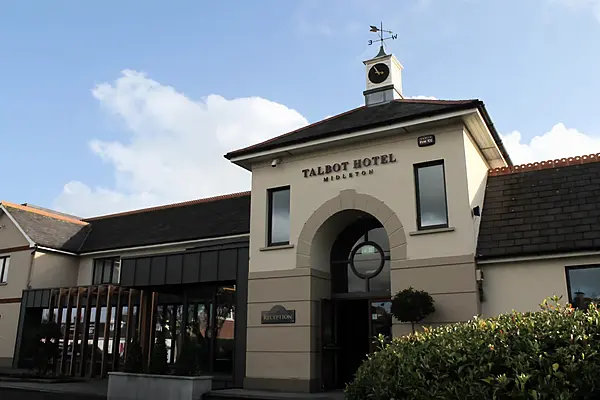Southwest Airlines Co has warned that the spread of the Delta variant of COVID-19 has hit bookings and increased cancellations, hurting its chances at profitability this quarter.
The rapid surge in cases of the variant has pushed US hospitalisations to a six-month high, prompting governments in areas such as Hawaii to re-impose restrictions and threatening a recovery in travel demand.
Dallas-based Southwest cut its forecast for third-quarter operating revenue by three to four percentage points from its prior outlook issued just three weeks ago, the first major US carrier to trim guidance as a result of the variant.
The profit-warning marked a U-turn from the airline's upbeat statement last month that it would remain profitable for the rest of 2021.
While analysts expect other airlines to also revise guidance lower, Raymond James analysts noted expectations that new COVID-10 cases may be peaking and soon begin a downward trajectory.
Shares of Southwest opened lower but were flat in morning trade. They have risen 9.7% this year on hopes of a recovery in travel demand, but underperformed the benchmark S&P 500 index's 18.1% rise.
The carrier maintained its unit cost outlook for the quarter.
Southwest had been one of the biggest beneficiaries of easing coronavirus curbs as it mainly caters to the domestic market.
But its home base of Texas, where Governor Greg Abbott has banned mask mandates and opposed COVID-19-related business restrictions, is among the US states with the highest increases in new COVID-19 cases and hospitalisations.
Air Taxi company Blade Mandates Its Passengers Must Be Vaccinated
The above news coincides with news that helicopter taxi firm Blade Air Mobility, which ferries people to luxury destinations such as The Hamptons, has mandated that starting next month its passengers be inoculated against COVID-19.
Eligible passengers should be fully vaccinated at least two weeks prior to their flight, with some exceptions such as departures from Florida, the company said.
Blade, which charges about $795 per seat for a one-way helicopter ride from New York to The Hamptons, added that it may refuse service to any passenger who does not provide a proof of vaccination. The company also operates flights between New York and Manhattan heliports.
The New York-based company was among a raft of transportation firms, which went public through a merger with a blank-check firm. The company was valued at a pro-forma equity value of $825 million at closing.
US airlines have not mandated the COVID-19 vaccine for passengers as yet, but last week, United Airlines Inc became the first US airline to require COVID-19 vaccinations for all domestic employees.
US Weighs 2050 Target For Weaning Airlines Off Of Fossil Fuels
In other airline industry news, US President Joe Biden's administration is quietly discussing a target date of 2050 for weaning aircraft off fossil fuels as part of the White House's broader push to fight climate change, sources familiar with the matter have said.
The White House in recent days has stepped up efforts aimed at transforming the US economy, including promotion of climate-directed infrastructure spending and bringing auto companies on board for its push for more electric vehicle use.
The Biden administration is contemplating incentives to support private-sector production of sustainable aviation fuel (SAF) as it searches for ways to eliminate greenhouse gas emissions in the hard-to-electrify aviation industry.
The administration is looking at a 2050 target for airlines to fly on 100% jet fuel from renewable sources, said two sources, who spoke anonymously to be candid about the discussions.
The discussions are still in the early stages with few details available, the sources said. The United States and Europe are trying to find ways to encourage production and adoption of SAF, which is two to five times more expensive than standard jet fuel.
Sustainable aviation fuel, made from feedstocks such as used cooking oil and animal fat, at present accounts for only a miniscule amount of overall jet fuel use.
The administration confirmed that SAF is on its radar but did not comment on or confirm the 2050 target.
"As part of the Build Back Better agenda, President Biden proposed catalytic investments to propel innovation and deployment of sustainable aviation fuels," said Ali Zaidi, the Deputy National Climate Advisor for the White House.
"The administration is committed to advancing climate solutions in every sector and segment of the economy - with the urgency that the climate crisis demands."
The aviation sector cannot count on electrification as a near-term solution because of the weight of the batteries.
Biden's administration, which has set a goal for net-zero emissions by 2050, has discussed incentives and targets to increase SAF. It is currently taking a different approach than Europe, where regulators are seeking to force suppliers to blend rising amounts of SAF into their kerosene, a move opposed by US airlines.
The White House and industry groups are expected to meet virtually later this month to promote alternative jet fuels, although specific actions that might be taken are not clear, three sources said.
Environmentalists say a European-style mandate is needed to raise production and bring down SAF's price. However, Angel Alvarez Alberdi, secretary general of the European Waste-based and Advanced Biofuels Association, fears the EU's mandate will redirect the limited pool of affordable feedstocks available to make SAF.
"It could be a debate around the carrot and the stick," John Slattery, head of engine maker GE Aviation, a unit of General Electric Co, said of SAF demand during a recent Eurocontrol podcast.
Global demand for jet fuel currently totals roughly 200 billion litres a year, but airline trade group IATA estimates just 100 million to 120 million litres of SAF will be produced in 2021 - just 0.05% of overall fuel.
Planes and engines capable of running without fossil fuels are being planned for around 2025 and 2030, depending on the model. Current engines can theoretically run on 50% sustainable blends.
It is not yet clear whether government efforts will succeed at making sustainable fuel more affordable for pandemic-battered airlines. Fuel is the second-largest expense for airlines after labour.
Refiners make more renewable diesel right now because federal and state governments offer more incentives, such as California's credit of 45 cents per gallon.
Congress is debating a tax credit of up to $2 per gallon for SAF. If such a credit were available, World Energy, the largest US SAF producer, would be able to sell its SAF for roughly the same as conventional fuel, said Bryan Sherbacow, the company's chief commercial officer.
World Energy's Los Angeles-area plant uses around a third of its 25 million-gallon annual capacity for making aviation fuel, with the rest producing other renewable fuel. The company is betting on SAF becoming more affordable, as it is boosting the plant's SAF capacity to around 150 million gallons by 2023.
If incentives were balanced, "we would probably be making a lot more jet fuel," Sherbacow said.
News by Reuters, edited by Hospitality Ireland. Click subscribe to sign up for the Hospitality Ireland print edition.
